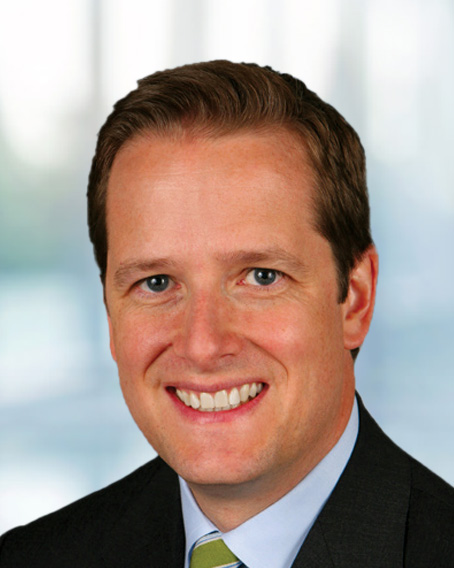Speakers:
In addition to its landmark health care access and delivery provisions, the Patient Protection and Affordable Care Act (the ACA) has significantly changed the health care fraud and abuse landscape. The circumstances under which liability may arise, and the consequences of liability that does arise, have expanded dramatically. Join us for a program that will navigate the new enforcement terrain and the significant risks and questions that lie ahead in 2011.
• Amendments in 2009 expanded the False Claims Act (FCA) to reach “obligation[s] to pay or transmit money or property to the Government.” The ACA continued this trend by specifying that an overpayment becomes an “obligation” under the FCA when it is identified. These changes have raised significant questions about limitations periods. Does discovery of a 20-year old overpayment create an FCA obligation?
• To avoid FCA liability, a party can “report[] and return[]” an overpayment within 60 days of its identification. When is an overpayment “identified”? How can an overpayment be reported and returned?
• As required by the ACA, CMS developed a self-disclosure protocol for violations of the Stark law. The protocol has been widely panned, but some hospitals are testing the waters. Is self-disclosure under the protocol ever advisable and, if so, when?
• Program exclusion remains the “death sentence” in health care fraud, and is a formidable enforcement tool. The ACA expanded the grounds on which the OIG may exercise its exclusion authority, and the OIG recently released guidance regarding exclusion of individuals. More significantly, and despite recent proposed statutory amendments, the ACA requires exclusion by state Medicaid agencies of any affiliate of an entity that has been excluded. What are the practical consequences of these changes?
• The ACA eliminated significant jurisdictional and substantive barriers to FCA enforcement. What does it mean for a statement to be “material to a false or fraudulent claim”? Are more qui tam relators on the horizon?
• Amendments in 2009 expanded the False Claims Act (FCA) to reach “obligation[s] to pay or transmit money or property to the Government.” The ACA continued this trend by specifying that an overpayment becomes an “obligation” under the FCA when it is identified. These changes have raised significant questions about limitations periods. Does discovery of a 20-year old overpayment create an FCA obligation?
• To avoid FCA liability, a party can “report[] and return[]” an overpayment within 60 days of its identification. When is an overpayment “identified”? How can an overpayment be reported and returned?
• As required by the ACA, CMS developed a self-disclosure protocol for violations of the Stark law. The protocol has been widely panned, but some hospitals are testing the waters. Is self-disclosure under the protocol ever advisable and, if so, when?
• Program exclusion remains the “death sentence” in health care fraud, and is a formidable enforcement tool. The ACA expanded the grounds on which the OIG may exercise its exclusion authority, and the OIG recently released guidance regarding exclusion of individuals. More significantly, and despite recent proposed statutory amendments, the ACA requires exclusion by state Medicaid agencies of any affiliate of an entity that has been excluded. What are the practical consequences of these changes?
• The ACA eliminated significant jurisdictional and substantive barriers to FCA enforcement. What does it mean for a statement to be “material to a false or fraudulent claim”? Are more qui tam relators on the horizon?
Ropes & Gray Speakers
Stay Up To Date with Ropes & Gray
Subscribe to Our Podcast
Ropes & Gray attorneys provide timely analysis on legal developments, court decisions and changes in legislation and regulations.
Follow Us on Social
Stay in the loop with all things Ropes & Gray, and find out more about our people, culture, initiatives and everything that’s happening.
Join Our Mailing List
We regularly notify our clients and contacts of significant legal developments, news, webinars and teleconferences that affect their industries.


